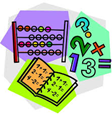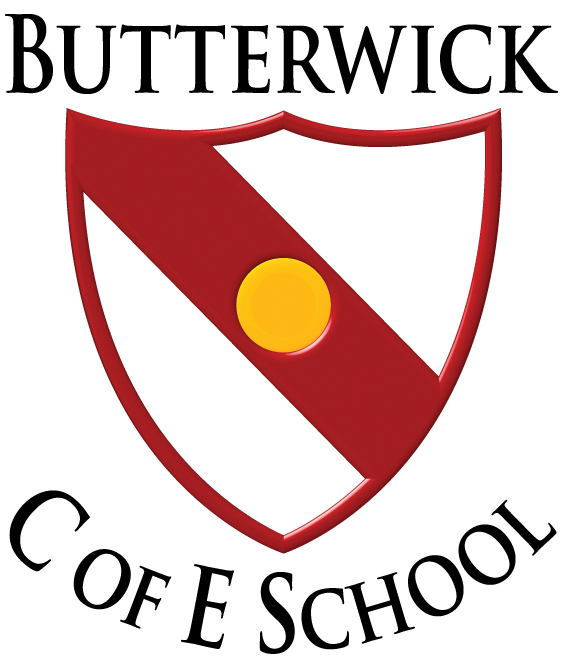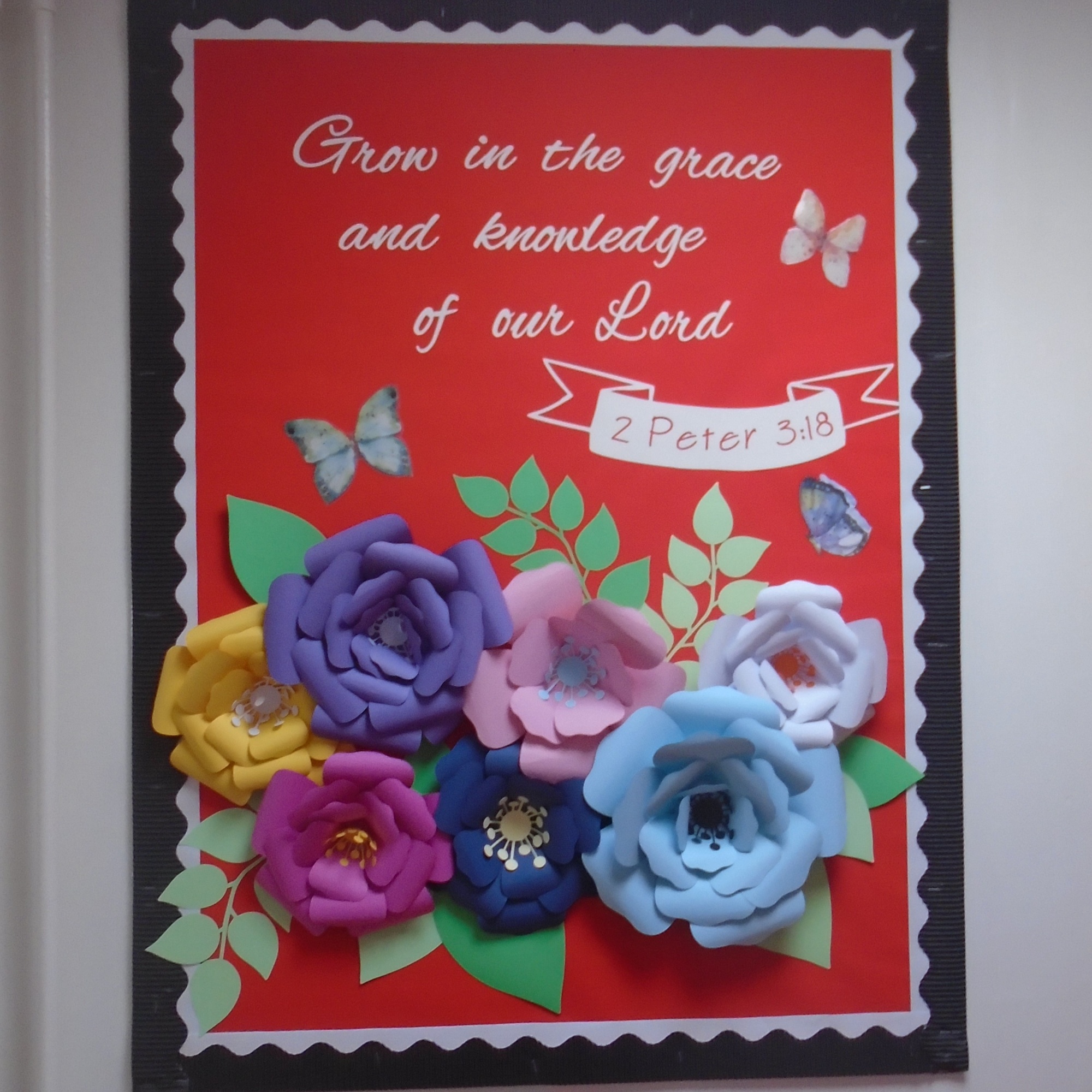Mathematics
 MATHEMATICS CURRICULUM INTENT STATEMENT
MATHEMATICS CURRICULUM INTENT STATEMENT
INTENT
By the time our pupils leave Butterwick C of E Primary School, we will have equipped them with the necessary skills to become confident mathematicians. We have designed a mastery mathematics curriculum, which is accessible for all pupils and maximises the development of every child’s ability and academic achievement. We strongly believe that children need providing with a deep understanding of the subject through a Concrete, Pictorial and Abstract approach. Delivering lessons that are practical, creative and engaging helps create a commitment to, passion for and curiosity about the subject.
We believe it is essential for our pupils to have a fluent knowledge and recall of number facts and the number system in order to provide a solid foundation for their mathematical journey. Through varied and frequent practice, children gain fluency in performing written and mental calculations and mathematical techniques. Using a deep understanding of the important concepts, we inspire children to make rich connections across mathematical ideas to develop fluency, mathematical reasoning and competence and initiative in solving increasingly sophisticated problems in a wide range of contexts, including the new or unusual. Children are encouraged to make sense of their solutions and use them to generalise. Consistently, we promote a wide range of mathematical vocabulary and encourage children to use the appropriate language when reasoning.
Our pupils apply a broad range of skills in using and applying their mathematical knowledge in their everyday lives. At Butterwick C of E Primary School, we think it is essential to foster the courage to think independently (although the collaboration between peers, and the relationship between learners and their class teacher should be encouraged) and to persevere when faced with challenges, showing an ability to embrace the value of learning from mistakes and false starts and a confidence of success.
IMPLEMENTATION
A ‘mastery’ approach has been adopted and implemented at Butterwick C of E Primary School for the planning, delivery and engagement with mathematics.
Maths is taught in blocks to allow time for depth of understanding. Spaced learning (Flashback Four morning tasks and teacher identified questions) allows children to revisit, revise and retain previously taught maths. We are using White Rose Maths to support our transition to mastery teaching. The order of units allows for children to make connections across different areas of maths. Due to mixed-age classes, we follow the mixed-age progression from White Rose as this means that similar objectives are aligned, where possible, to support teaching of mixed-age classes. We are using the Concrete, Pictorial and Abstract (CPA) approach to teaching, so that children are able to recognise resources and pictorial representation throughout school and use this to support their understanding of the abstract representations.
IMPACT
The exploration of mathematics should be interactive and engaging, with content made relevant to children’s real-world experiences and contextualised thus to support consolidation and retention of knowledge and skill.
Children should approach mathematical study with confidence and enthusiasm, and view tasks and challenges that call for application of varied knowledge across units of work and the selection of multiple skills self-assuredly and with a willingness to collaborate.
Approach and response to reasoning activities should improve term on term, with the expectation that by the end of the year, children are happy to accurately define and use mathematical vocabulary introduced by their teacher, as well as complete stem sentences to complete mathematical statements or reasoning.
Teaching and support staff should also see this period of implementation as an opportunity to highlight and further improve concepts that are received well and have clear impact on progress and learning, while also analysing and evaluating practice that needs to be addressed, reviewed or replaced.









